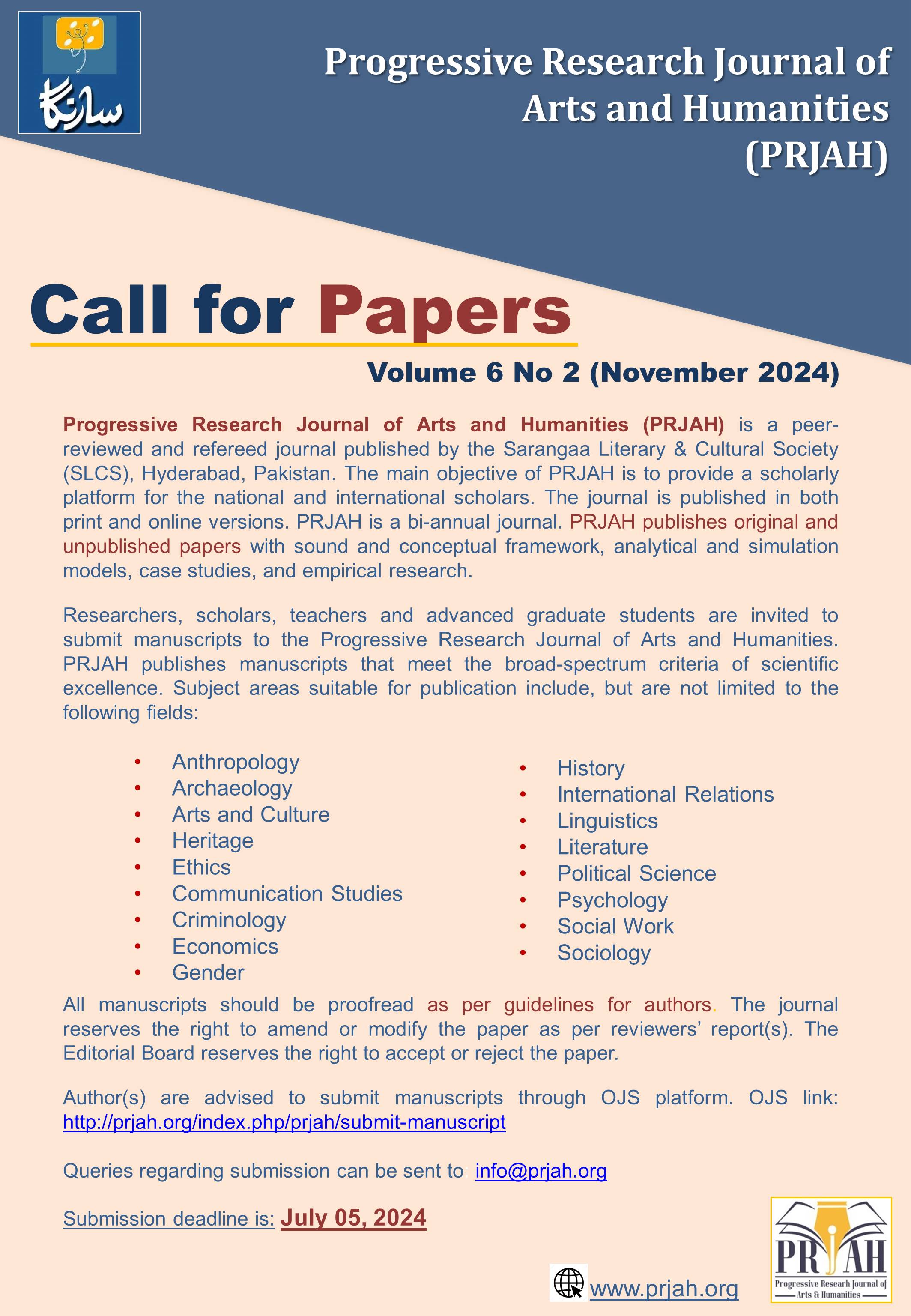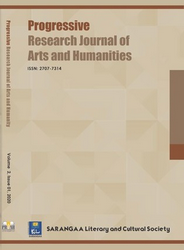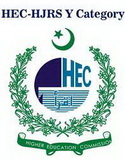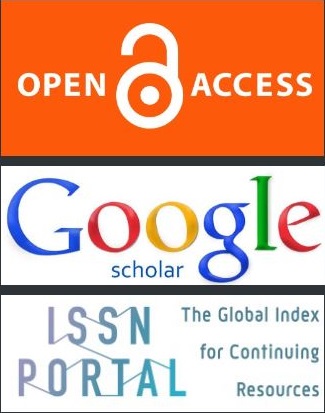Layers of Subalternity and Scheduled Castes Hindu Women: A Case Study of District Ghotki
DOI:
https://doi.org/10.51872/prjah.vol5.Iss1.231Keywords:
Subalternity, Women in Ghotki, Low Castes, Discrimination, MarginalisationAbstract
Scheduled Castes Hindu women of Ghotki district are facing layers and layers of subalternity in the male dominate district. They are facing social, economic, political and religious discriminations simultaneously. Overall, caste-based discrimination against Scheduled Castes has become norm of the society. Nobody is bothered to look into their life striking subalternity matters. As religious minority in the district, scheduled caste Hindu women are suffering layers of discrimination in an Islamic society, dominated by 99 percent Muslims with additional burden of conversion. The concept of othering can be best illustrated in the sense of Scheduled Caste women; the practice of ‘untouchability is rampant in the society. In other words, they are being considered as Achhoot in the society. As a result, Scheduled Castes often live-in separate colonies, are being compelled to eat food in separate crockery, and are not allowed to sit with Muslims and upper castes Hindus as well. So, in a sense, the Scheduled Castes women face systematic oppression in both public and private spheres; first in Muslim dominated district, second in the higher caste Hindu community and third in the male dominated structures of their own families. At the bottom of social hierarchy, schedule castes women are not only deprived of social assets but also frequently suffer from the violation of personal dignity and freedom through sexual abuse, alienation, abduction and force conversion and marriages. They are facing class bound subalternity, age bound subalternity, gendered bound subalternity, religion bound Subalternity, and political bound subalternity simultaneously.
Downloads
Published
Versions
- 2023-03-18 (2)
- 2023-02-11 (1)
How to Cite
Issue
Section
License
Copyright (c) 2023 Progressive Research Journal of Arts & Humanities (PRJAH)

This work is licensed under a Creative Commons Attribution 4.0 International License.






